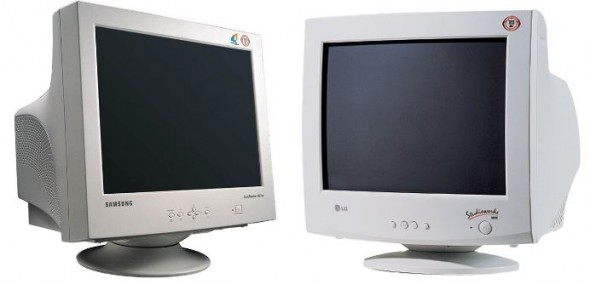Michael Sheridan, who lives in Lewisburg, W.V., is the lead plaintiff in a dragged-out class action lawsuit against Frontier Communications in the state, alleging the phone company has engaged in marketing flim-flam promising lightning fast DSL Internet speeds many customers complain they just do not receive. Ann Sheridan is a university lecturer in Ireland who doesn’t enjoy her DSL service as much as she endures it, when it works.
They live thousands of miles apart, but the problems are largely the same: for-profit phone companies trying to get as much revenue out of copper-based networks suitable for 20th century landlines while spending as little possible on broadband-friendly upgrades.
The phone company that dominates West Virginia has done all it can to have the lawsuit thrown out of court, claiming its terms and conditions mandate dissatisfied customers seek arbitration instead of a class action case. Frontier claims it inserted that condition into its terms and conditions a few years ago. Sheridan and his attorneys are now before the West Virginia Supreme Court of Appeals defending the case.

Crete is an island and part of the territory of Greece.
Despite Frontier’s insistence it sells contract-free Internet with no tricks or traps, Sheridan argues Frontier traps customers with unilateral fine print.
“Cases from all over the country establish that a simple notation on a website cannot form an agreement to arbitrate, a line item at the tail end of a bill that does not even state the specifics of the agreement cannot form an agreement to arbitrate, and a bill stuffer purporting to unilaterally amend an existing contractual relationship does not form an agreement to arbitrate,” the respondent’s brief states.
Many West Virginians with Frontier DSL complain they never exceed 5Mbps in speed, even though they are buying plans that advertise double that.
“Frontier’s practice of overcharging and simultaneously failing to provide the high-speed, broadband level of service it advertises has created high profits for Frontier but left West Virginia Internet users in the digital dark age,” according to the brief.

County Kildare, Ireland
Life isn’t much better for those driving 30 minutes outside of Dublin, where broadband can be charitably described as “rustic.” In fact, Sheridan claims there is better broadband in the back-end of Crete than what the average resident in suburban and rural Ireland can manage to get out of questionable copper wiring.
In one notorious incident Sheridan described as “stereotypically Irish,” broadband service was brought to its knees for a good part of County Kildare for over a week earlier this year after a group of retaliatory cows upset over the Irish winter worked their way through a broken fence and collectively took out their frustration on a transformer they knocked over, taking out Internet access in the process.
Just having broadband service available doesn’t solve the digital divide if that service becomes oversold and unreliable. Both Sheridans argue broadband connections often deteriorate as more customers sign up. Without corresponding capacity upgrades to keep up with sales, speeds slow and service can become troublesome.

Broadband nemesis
Patrick Donnelly, a farmer and builder from Calverstown reports Internet speeds 20 years ago were faster than what he gets today from his DSL service.


 Subscribe
Subscribe

 Charter Communications/Spectrum customers (including former Bright House and Time Warner Cable customers) need to take a moment to protect their right to collect damages from future class action cases likely to be filed over the company’s alleged failure to deliver advertised broadband speeds and in the case of Time Warner Cable, the alleged provision of obsolete cable modems for which the cable operator charged customers $10/month.
Charter Communications/Spectrum customers (including former Bright House and Time Warner Cable customers) need to take a moment to protect their right to collect damages from future class action cases likely to be filed over the company’s alleged failure to deliver advertised broadband speeds and in the case of Time Warner Cable, the alleged provision of obsolete cable modems for which the cable operator charged customers $10/month. Dorothy Ayer said she was quoted a price of $69 a month for a package including landline phone and broadband service from Frontier Communications, but when she received her first bill, she claims she was charged $426.55.
Dorothy Ayer said she was quoted a price of $69 a month for a package including landline phone and broadband service from Frontier Communications, but when she received her first bill, she claims she was charged $426.55.

 The huge class action case has been in the works for years and alleges that defendants and co-conspirators conspired to raise and fix prices for CRT monitors (the ones you probably used before you bought your first flat panel LCD monitor). The alleged scam ran for more than a decade and several manufacturers have agreed to settle to make the case go away without admitting guilt.
The huge class action case has been in the works for years and alleges that defendants and co-conspirators conspired to raise and fix prices for CRT monitors (the ones you probably used before you bought your first flat panel LCD monitor). The alleged scam ran for more than a decade and several manufacturers have agreed to settle to make the case go away without admitting guilt.